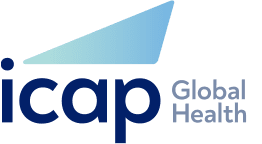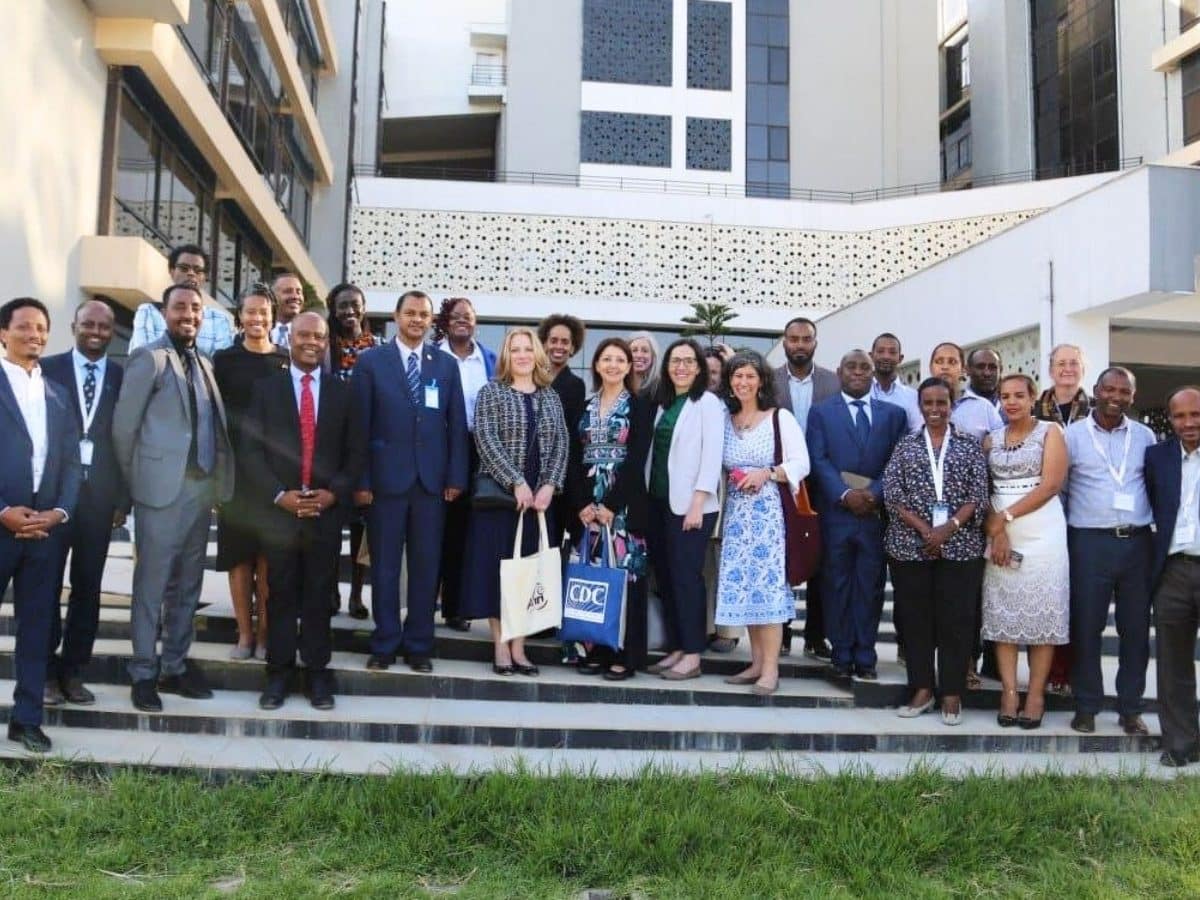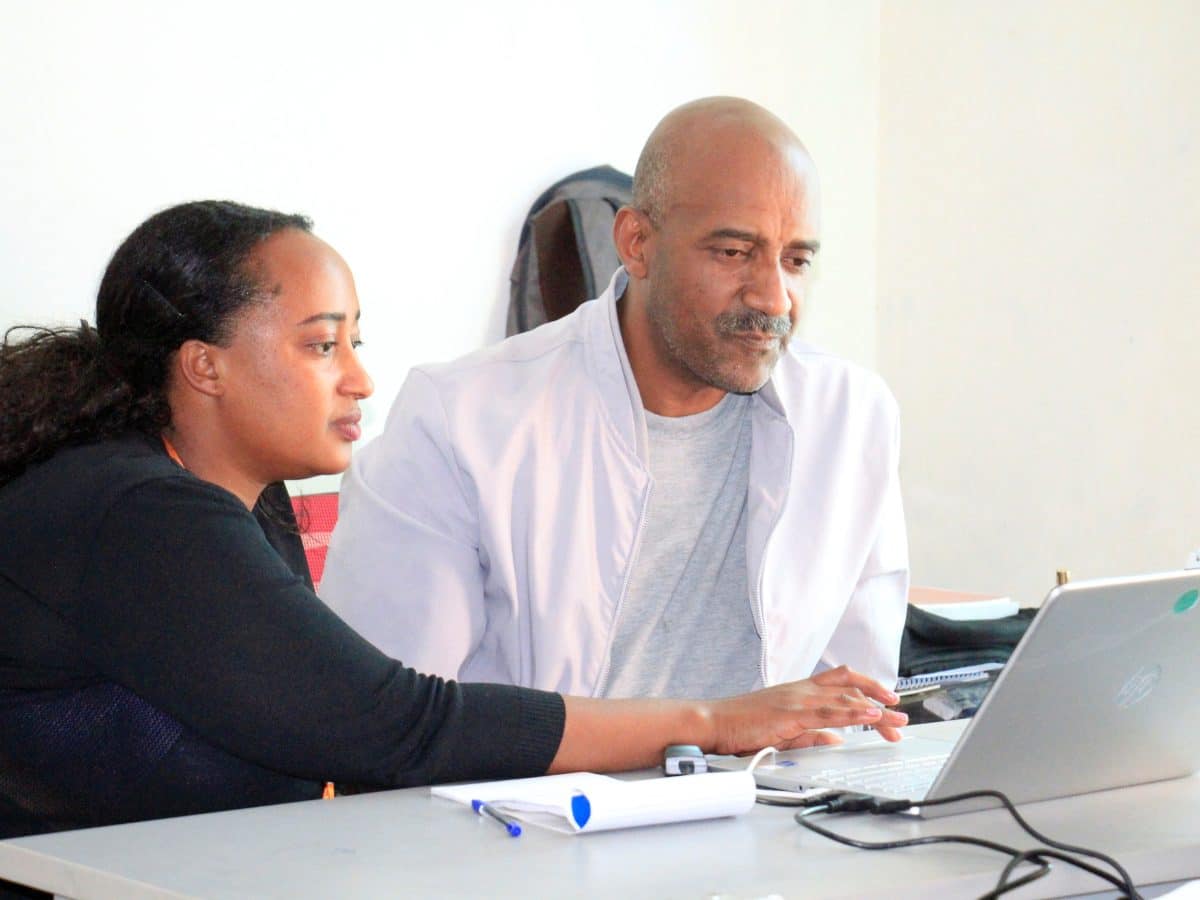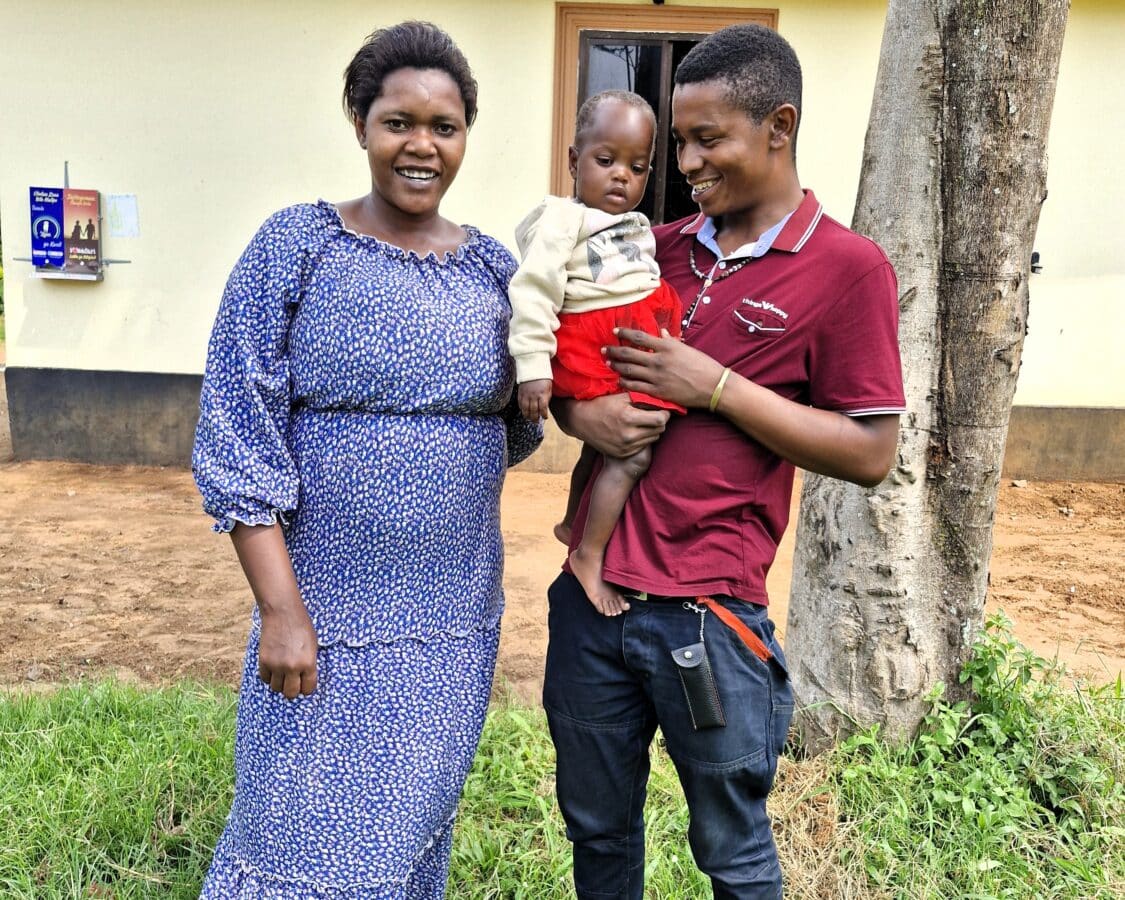Today, there is much to celebrate. Over 15 million people in low- and middle-income countries now have access to life-saving treatment, while the number of new HIV infections in the past year has decreased by one-third. New research results from the START Study have confirmed the value of treatment for all HIV-infected patients and of pre-exposure prophylaxis (PrEP) for prevention of HIV acquisition. The findings from this research culminated with the release of new World Health Organization guidelines that recommend antiretroviral treatment be offered to all persons living with HIV, regardless of CD4 count, and the consideration of PrEP for populations at substantial risk for HIV acquisition.
At ICAP, on this World AIDS Day, we celebrate major milestones. To date, over 22 million people have received HIV testing, including six million pregnant women, through ICAP-supported programs since 2004. Additionally, ICAP supported more than 2.3 million people in accessing HIV care and more than 1.4 million people, including 116,000 children, in receiving antiretroviral treatment. More than 1.9 million patients have been screened for tuberculosis, through ICAP support, while 200,000 men have received medical male circumcision for HIV prevention. These efforts have contributed meaningfully to the global progress in confronting the HIV epidemic.
None of these accomplishments would have been achieved, however, without the partnerships that were established with diverse groups, including governmental and non-governmental organizations, health care providers and peer educators at the many health facilities we support, and the collaborations established with the communities we serve. ICAP has also diligently worked to reach populations that have yet to fully utilize HIV prevention and care through novel approaches that have successfully engaged men who have sex with men in South Africa, Mali, and the Democratic Republic of the Congo, miners in Lesotho, people who inject drugs in Central Asia, and prisoners in Swaziland. This has been complemented with innovative quality improvement efforts to achieve quality in programs.
“There is much to celebrate,” said Wafaa El-Sadr, ICAP director. “Yet, there is so much more that needs to be done. We must remember the millions who still do not have access to treatment and the millions who still get HIV-infected every year. Our work is far from done and the global mobilization must continue.”
Remembering those who have yet to access the services they need and those that have been lost to this global epidemic motivates continued commitment and inspires action.








